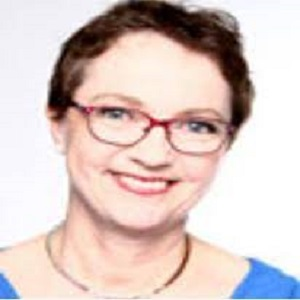Abstract:
Despite a high incidence of cervical cancer (CC) in women over the age of 60, elderly women are not included in the screening programs for cervical cancer prevention. In Sweden, about 30% of CC cases occur in women over 60 and the mortality rate is about 70% in this age group. Cervical cancer in women above the age of 65 is usually discovered at advanced stages and the prognosis is poor. During the past century, the average life expectancy for women has increased, and many women over 65 are healthy, continue to work, and have an active sex life. There are few studies on HPV prevalence in elderly women. We found an HPV prevalence of about 4 % in this age group and HPV clearance between HPV test one and two was about 40% when the second HPV test was done. It is clear that persistent cervical HPV infection is common in this age group and that the vast majority have cervical dysplasia diagnosed by histology. Among women with two HPV positive tests there was a high prevalence of high grade intraepithelial neoplasia (HSIL) diagnosed by histology, which motivates screening to continue at older ages. In post-menopausal women, due to hormonal changes, the transformation zone where precursor lesions develop, is situated in the cervical canal and is therefore not accessible for proper examination and sampling. As a consequence Pap smear for conventional cytology or liquid based cytology (LBC), has a low sensitivity and diagnostic surveillance with colposcopy for biopsy has little value. It is clear that cytologically-based screening is not meaningful in this age group due to the low sensitivity of this method. The next step would be to introduce repeat HPV testing as a screening method and to find algorithms for sampling strategies such as self-sampling, test intervals and treatment options. Our results can serve as motivation to conduct studies focusing on older women also, in order to effectively reduce the prevalence of cervical cancer in this age group




